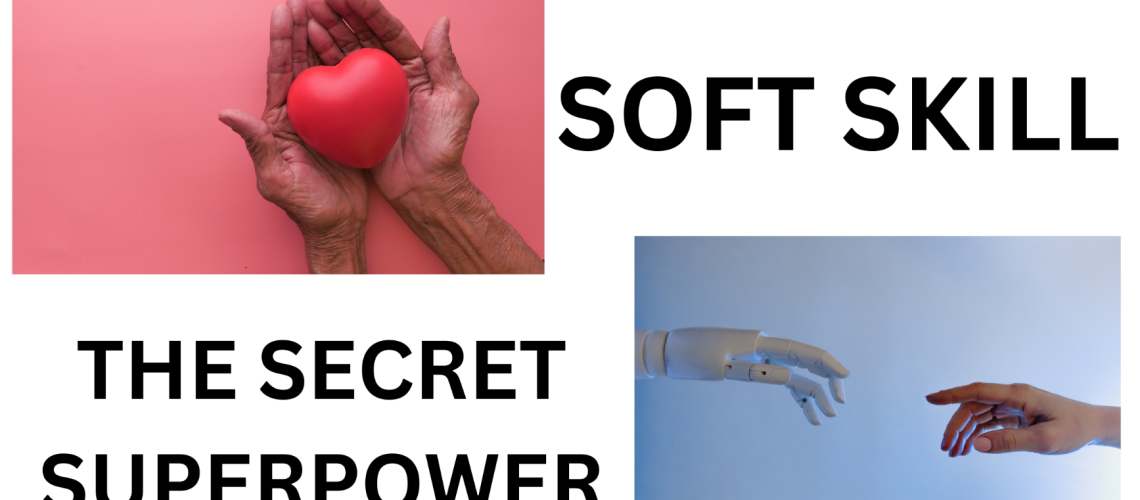As automation and AI reshape the way we work, technical expertise alone is no longer enough. The future belongs to those who can combine technical knowledge with soft skills—those human abilities like creativity, problem-solving, and communication that make ideas come alive and solutions impactful.
Think about it: soft skills are what turn good engineers into great innovators. They’re the secret ingredient for crafting ideas that resonate with people and solve real-world problems. But the big question is, how can students sharpen these skills and set themselves apart?
Here’s where to start:
1.Learn from the People Around You
Look at your ecosystem—your mentors, professors, peers, and even online communities. Watch how they explain ideas, solve challenges, or lead teams. Don’t just observe—ask questions. Connect with experts on LinkedIn, join forums, or attend webinars. It’s not about mimicking them but learning techniques you can make your own.
2. Stay Inquisitive and Curious
Curiosity isn’t just a trait; it’s a habit you can develop. Read articles on topics outside your comfort zone. Follow podcasts that challenge the way you think. Even a random YouTube video can spark a new idea. The key is to keep feeding your brain with fresh perspectives.
3. Put Pen to Paper
Writing is a great way to organize your thoughts and get creative. Start journaling about problems you encounter, ideas you have, or things you’re learning. You’ll be surprised how often writing something down sparks a solution you didn’t see before.
4. Explore the Unfamiliar
Soft skills often grow outside of traditional learning. Take a course in public speaking, join a design workshop, or volunteer for a leadership role in a club. These experiences challenge you in new ways and help you see problems differently.
5. Try Something Creative or Active
Engage in activities that excite you—paint, play an instrument, join a sports team, or even try cooking. Research shows that exploring different skills enhances how we approach challenges. It’s called “cross-mapping,” where what you learn in one area boosts your abilities in another.
Actions Students Can Take Today
- For Creativity: Dedicate 10 minutes a day to brainstorming solutions to small, everyday problems. Keep a “creative journal”to jot down random ideas.
- For Problem-Solving: Join a hackathon, take part in case competitions, or solve puzzles and logic games regularly to keep your brain sharp.
- For Communication: Volunteer to present in class, participate in debate clubs, or practice active listening in daily conversations.
Soft skills aren’t just nice to have—they’re your ticket to standing out in a world where technology is everywhere.
The good news? They’re skills you can build every day, step by step.
So, what’s one thing you can start working on right now?

